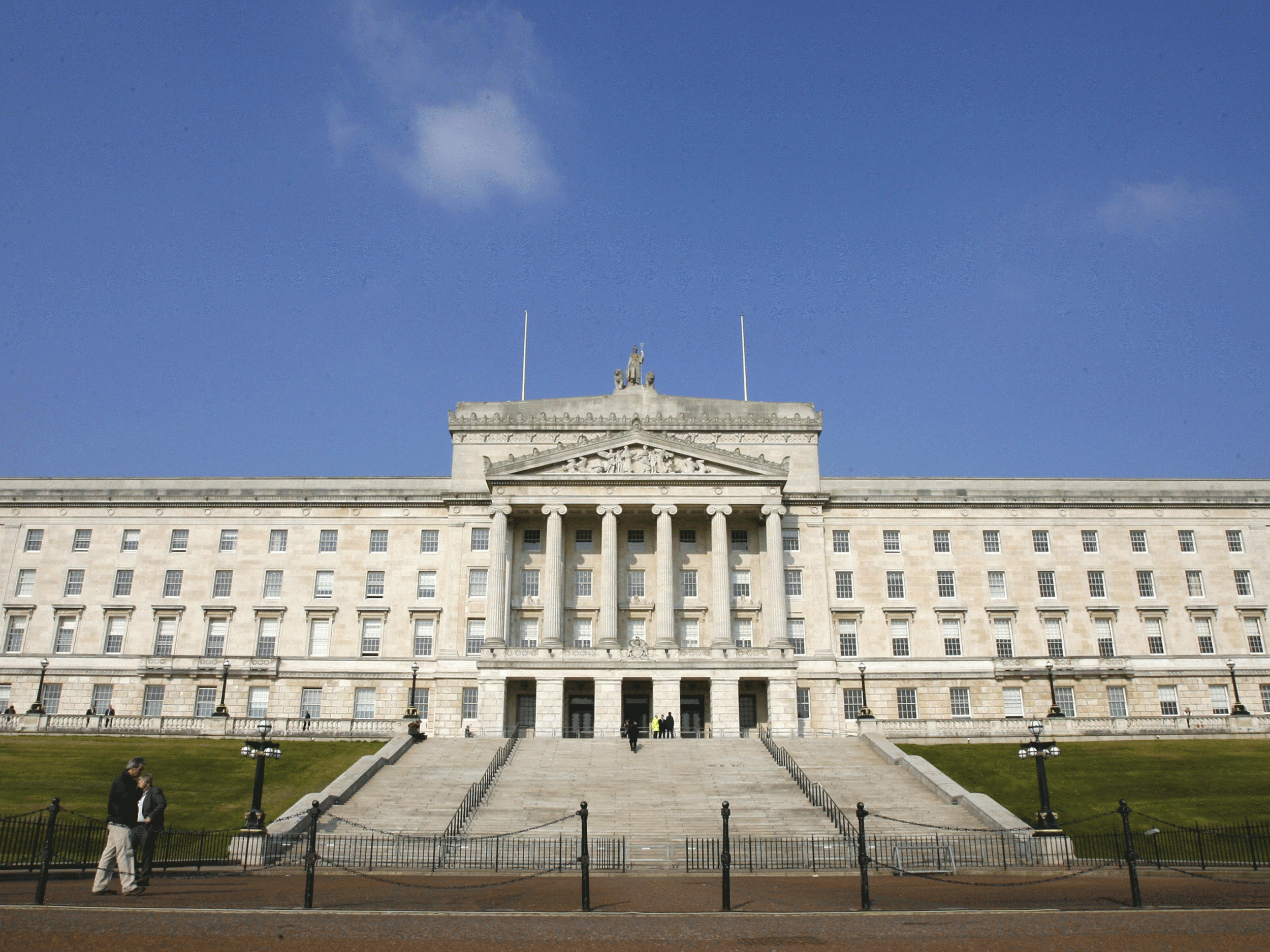Theresa May's DUP deal to blame for new power-sharing crisis, Sinn Fein says
Northern Ireland Secretary will announce next steps today - and may re-impose some form of direct rule from Westminster

Sinn Fein has blamed Theresa May’s deal with the Democratic Unionist Party for the failure to restore power-sharing in Northern Ireland, as another crisis looms.
The DUP has been “emboldened” by propping up the Conservatives at Westminster, the Republican party claimed – making it less likely to compromise at Stormont.
The claim came as Sinn Fein confirmed the talks were failing. “We don’t think its likely there will be a deal in the short term,” said spokesman Conor Murphy.
Later today, the Northern Ireland Secretary will announce the Government’s next steps after last week’s original deadline for restored power sharing came and went.
James Brokenshire may set yet another deadline for a talks, which have continued for months, call this year's second snap assembly election - or re-impose some form of direct rule from Westminster.
With the start of the annual marching season just nine days away – when talks will almost certainly be suspended anyway – Mr Brokenshire’s options are narrowing.
Unless the Northern Ireland executive is restored, the British government is expected to distribute the £1bn it has promised to the DUP in what is widely seen as a “bung”.
The key stumbling block appears to be the DUP’s refusal to agree to a stand-alone Irish Language Act, putting Gaelic on an equal par in law to English.
Fearing criticism from more hardline unionists, the DUP is insisting on an all-embracing Culture Act, that would also guarantee the rights of Ulster Scots speakers.
Interviewed in Belfast, Mr Murphy said: “The DUP have yet to address the equality and the rights issues which caused these institutions to go down in the first place.
“They oppose rights for Irish Language speakers , they oppose rights for ethnic minorities and women. They oppose rights of lesbian and gay citizens to equal marriage.
“In doing all of this, they are emboldened by their alliance with the British government, which has taken that in its own interests and against the interests of what needs to happen in this part of Ireland.”
Mr Murphy hinted that he expected Mr Brokenshire to extend the deadline a second time, suggesting this afternoon would bring a “holding statement”.
He pointed out that the marching season, starting on 12 July, would make the atmosphere “too hostile for political negotiations”.
The negotiations to restore power-sharing had been “interrupted twice by the British government” – first for the general election and then to strike a deal with the DUP.
The devolved institutions imploded in January when DUP leader Arlene Foster was forced from office after Sinn Fein's then deputy first minister, the late Martin McGuinness, quit.
That was in protest at the DUP's handling of the renewable heat incentive (RHI), a scheme that left the administration facing a £490 million overspend.
On the issue of language, the DUP has insisted it already supported Irish medium school education during years of devolved government and accused Sinn Fein of politicising its use.
Join our commenting forum
Join thought-provoking conversations, follow other Independent readers and see their replies
Comments